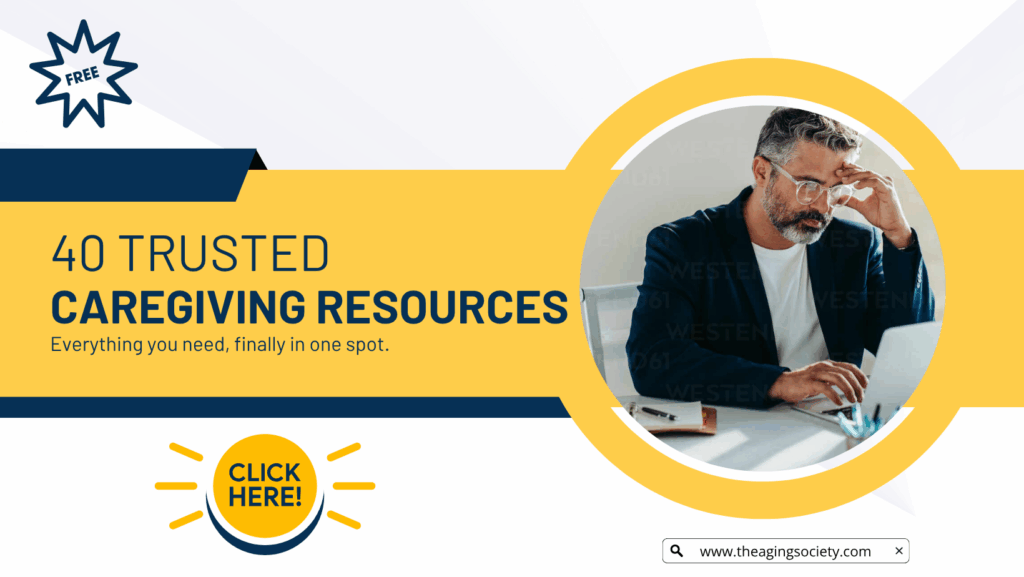Browse by categories
I help caregivers navigate conversations and decisions about senior care with clarity, confidence, and ease.
More about me
May 31, 2025
“My mom used to balance every checkbook down to the penny. Now she’s getting calls about unpaid bills she swears she paid, and she won’t let me look at anything. I’m worried she’s being scammed, but I don’t want to make her feel ashamed or take over her life.”
This is a common and heartbreaking moment for many adult children. Learning how to protect your parent from elder financial abuse isn’t just about money, it’s about safeguarding dignity while building trust.
What’s Really Happening Beneath the Surface?
When money gets confusing or mistakes become more frequent, it’s not just about memory. It’s about identity and independence.
Your parent has managed their finances for decades. Stepping in, even gently, can feel like questioning their competence. But silence doesn’t protect them from scams. They need support that feels like partnership, not policing.
Why Conversations About Money Go Sideways
These talks often derail when caregivers:
- Lead with fear instead of empathy
- Use phrases like “take over” or “can’t handle it anymore”
- Move too fast toward control without building trust
From your parent’s side, pushback is often a reaction to feeling blindsided, not a refusal to be safe.
Understanding how to prevent elder financial abuse starts with how you start the conversation.

What to Say Instead: Scripts That Build Trust
Try these:
“Mom, I’ve been learning how many older adults are being targeted by financial scams—some are so sneaky even I wouldn’t spot them. Can we go through a few things together so I can help watch your back?”
“Dad, I want to make sure everything stays simple and stress-free for you. Could we sit down this weekend and look at the bills and accounts just to make sure things are smooth?”
Why these work:
- They frame support as watching their back, not taking over
- Normalize concern without shame
- Emphasize protection and ease, not fear or failure
You’re not just solving money, you’re solving how to talk about money.
What to Do Next: Financial Safety Steps That Still Honor Autonomy
Once the conversation opens up, move carefully:
- Review key accounts together and simplify where needed
- Set up bank alerts or notifications for large transactions
- Use tools like call blockers, credit freezes, or password managers
- Bring in a professional, like a fiduciary advisor or elder law attorney, to act as a neutral third party
- Avoid jumping to joint accounts or control unless it’s an urgent safety issue
Every action should protect them and preserve their sense of agency.
FAQs: Elder Financial Safety for Caregivers
How do I know if my parent is being scammed?
Look for unexplained withdrawals, unpaid bills, secretive behavior, or frequent calls from strangers. If your gut says something’s off, trust it.
What if my parent refuses to talk about money?
Start small. Focus on working together to prevent scams, not on taking over. Lead with concern, not confrontation.
Can I legally take over their finances?
Only with Power of Attorney or legal guardianship. Aim for shared monitoring and small roles before making big shifts.
Should we involve a financial advisor?
Yes, especially one with elder experience. A third party brings calm, clarity, and credibility.
Final Thoughts: Protecting With Love, Not Control
Helping your parent stay financially safe is an act of love, but it requires care and emotional finesse.
Your job isn’t to take over. It’s to walk beside them, offering calm structure, steady presence, and emotional safety, the kind that protects without overpowering.


Susan Myers is a Mom, Caregiver Strategist, and founder of The Aging Society. She helps family caregivers get the clarity they need to navigate aging parent care without losing themselves in the process. Her courses, resources, and Caregivers: Talk With Purpose podcast offer grounded, practical support for the moments that feel overwhelming, confusing, or heavier than expected.
Leave a Reply Cancel reply
where can I take you?
where can I take you?
Resource Center
Caregiver essentials
thoughtful giftst
conversation action plan
home
contact
blog
about
The Aging Society helps caregivers navigate conversations and decisions about senior care with clarity, confidence, and ease.

Join Others in my Weekly Newsletter